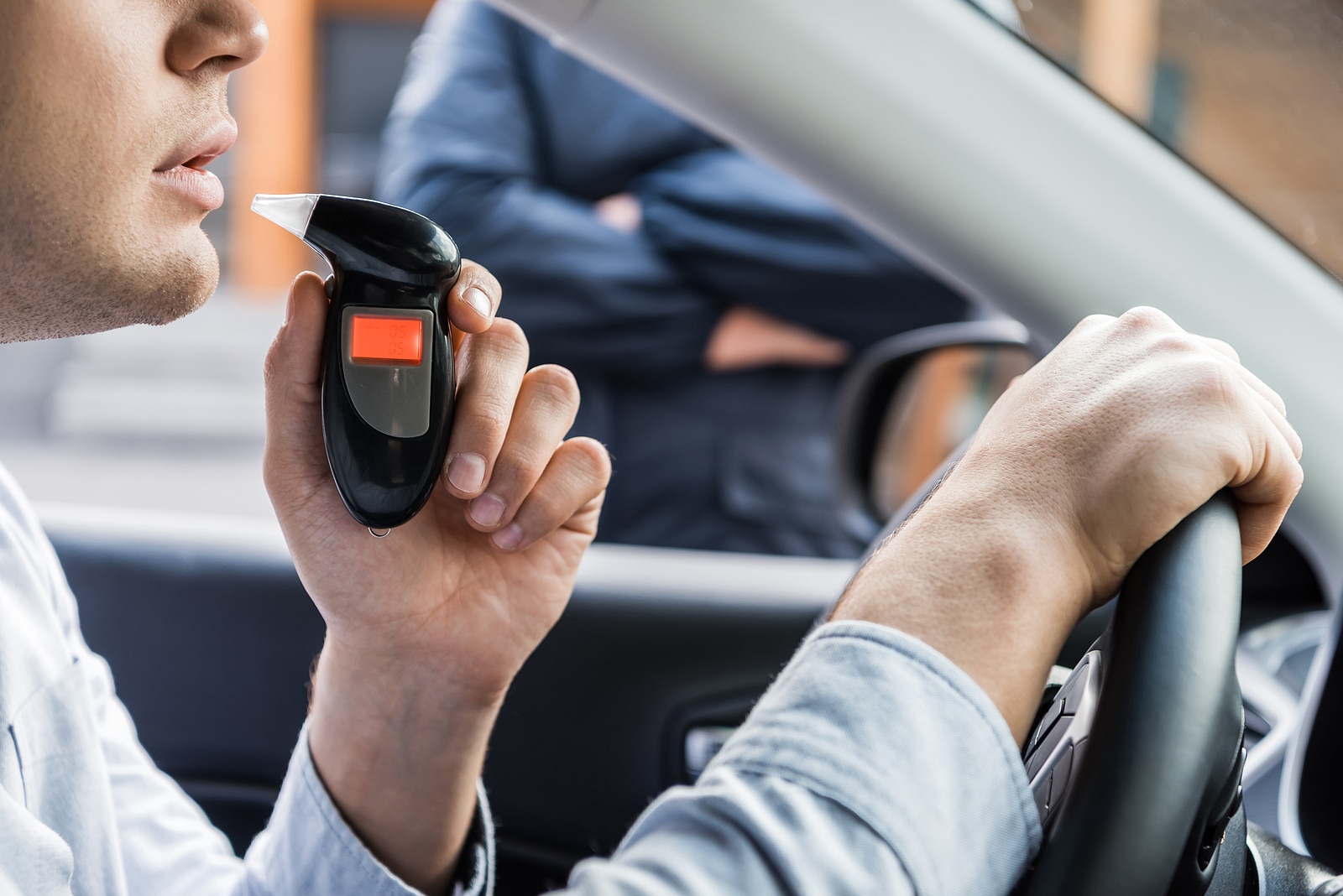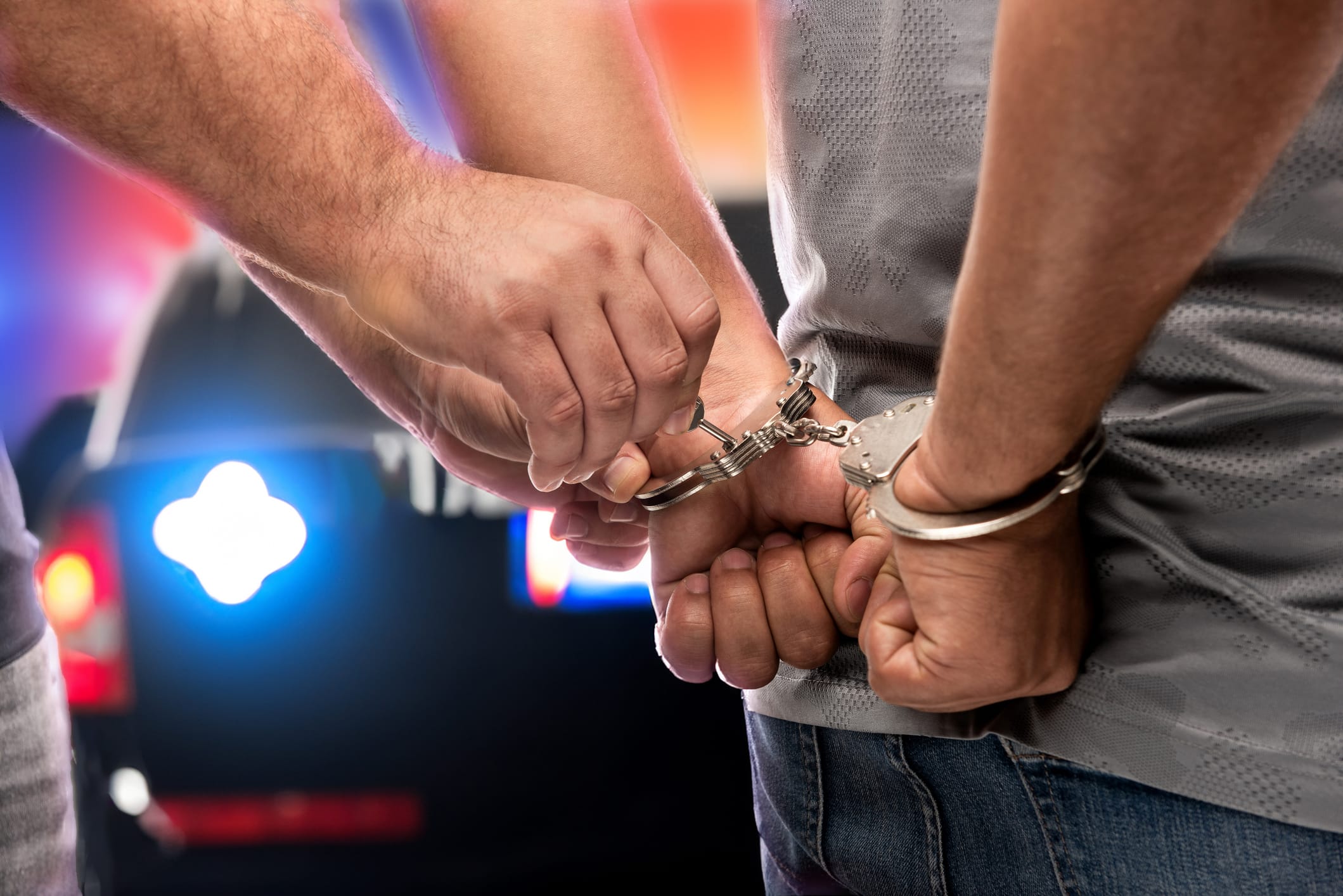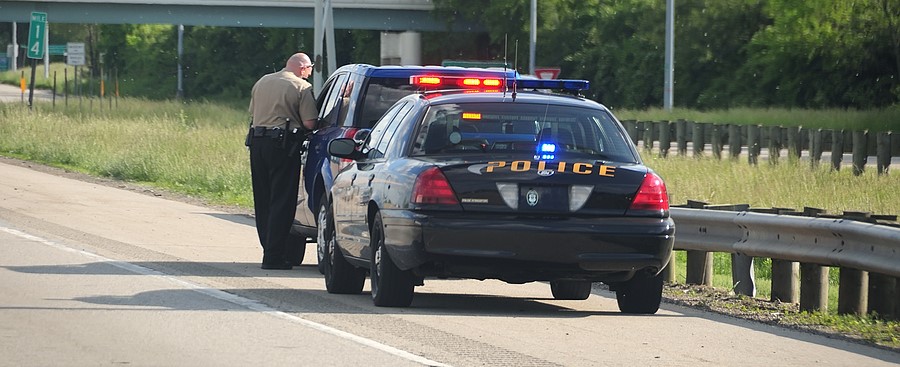Understanding Your Rights and Defense Options Regarding Breathalyzers
When you’re pulled over on suspicion of driving under the influence in California, the officer is likely to ask you to submit to a field sobriety test. This can include everything from a series of roadside balance tests to asking you to take a breath test to measure your blood alcohol content. In California, the legal limit for adults over the age of 21 and not on DUI probation is 0.08 percent. If the breath test shows a BAC at or above this number, the officer may arrest you for driving under the influence of alcohol. However, there are ways to challenge these results to help your defense case.
Do You Have the Right to Refuse a Breathalyzer?
California is an implied consent state, which means that every driver agrees to provide a breath or blood sample for a chemical test when they receive their driver’s license. However, there are a lot of misconceptions about refusing a Breathalyzer test. You have the right to refuse a preliminary alcohol screening test, which is the breath test that the officer conducts during the traffic stop. However, if you refuse, you will be taken to the police station and given the choice between a breath test there or a blood test. The implied consent law applies to this test.
If you refuse to take the breath test at the police station, you can face additional penalties, such as more jail time, a longer driver’s license suspension or revocation, and a mandatory DUI education program.
In most cases, it does not help your case to refuse the breath test at the police station. However, you should ask to speak to an attorney as soon as you are arrested.
3 Strategies for Challenging Breathalyzer Results
If you took a Breathalyzer test and it came back with a BAC above the legal limit of 0.08 percent, it doesn’t mean that you’re going to be convicted. While it’s likely that you will be arrested with a DUI, an experienced DUI attorney can help you challenge these results and potentially beat the charges. Every DUI arrest is unique — as is the DUI defense strategy — but these are some of the most common ways to challenge the results of a Breathalyzer test.
Improper Calibration
To be convicted of a DUI, the prosecution must prove that you had a BAC over the limit beyond a reasonable doubt. Calling into question the accuracy of the device used to take this measurement is one way to introduce doubt and challenge the results. The Breathalyzer machines must be calibrated correctly and on a regular basis to ensure the machine is working as it should be. This involves using the machine to measure a sample with a known alcohol concentration to ensure it’s reading accurately. California code requires that Breathalyzer machines be calibrated every 10 days or 100 uses, depending on which one comes first.
If the machine is not calibrated on a regular basis per the manufacturer’s schedule, it can cause it to be off by a significant percentage. This could mean the difference between a BAC of 0.075 percent and 0.08 percent. If the jury has reason to believe that the machine was not working correctly, it can introduce enough doubt in the BAC reading to make a conviction much harder.
Contaminated Sample
It’s possible for breath-testing machines to have false high readings because of contaminants in the sample. This is because the machine measures the level of methyl chemical compounds, one of the most common being ethyl alcohol. However, it also means that if the sample was contaminated by another methyl compoun, the reading could show a high BAC even if the person hasn’t had even one drink.
Specific examples include if the person was working in an area where fumes from gasoline, paint, or varnish were present or if the person used alcohol-based mouth products. Some over-the-counter cough and cold remedies can also cause false high readings, and some health conditions can impact the accuracy of the test results.
A Machine Error
Breathalyzer machines are touted to have extremely high accuracy rates, but the truth is that the margin of error can be up to 15 percent. In some cases, this can be due to issues with calibration, but it’s also possible for the machine to malfunction completely, resulting in false test results. Your attorney will explain to the jury why and when these tests can be inaccurate to show that a BAC level above 0.08 percent from a Breathalyzer does not automatically mean that you are guilty of driving under the influence of alcohol.
How the DUI Defense Group Can Help
At the DUI Defense Group, we make it our mission to help clients accused of driving under the influence fight back against these charges to protect their freedom and their future. Our attorneys will evaluate the case against you and develop a strategy to challenge or undermine the prosecution’s evidence, including breath test results. When you work with our firm, you get experienced criminal defense attorneys who can provide counsel for you and a strong trial strategy that works with juries.
Whether you’ve been charged with your first DUI or you’re facing a felony and a permanent revocation of your license, we can help. Call the DUI Defense Group at 866-927-3295 to speak to a member of our team and schedule your first appointment.



